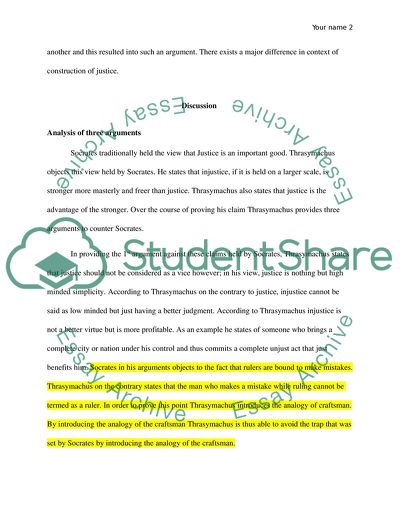Cite this document
(The Plato Republic Essay Example | Topics and Well Written Essays - 1750 words, n.d.)
The Plato Republic Essay Example | Topics and Well Written Essays - 1750 words. https://studentshare.org/philosophy/1881544-plato-republic
The Plato Republic Essay Example | Topics and Well Written Essays - 1750 words. https://studentshare.org/philosophy/1881544-plato-republic
(The Plato Republic Essay Example | Topics and Well Written Essays - 1750 Words)
The Plato Republic Essay Example | Topics and Well Written Essays - 1750 Words. https://studentshare.org/philosophy/1881544-plato-republic.
The Plato Republic Essay Example | Topics and Well Written Essays - 1750 Words. https://studentshare.org/philosophy/1881544-plato-republic.
“The Plato Republic Essay Example | Topics and Well Written Essays - 1750 Words”. https://studentshare.org/philosophy/1881544-plato-republic.


